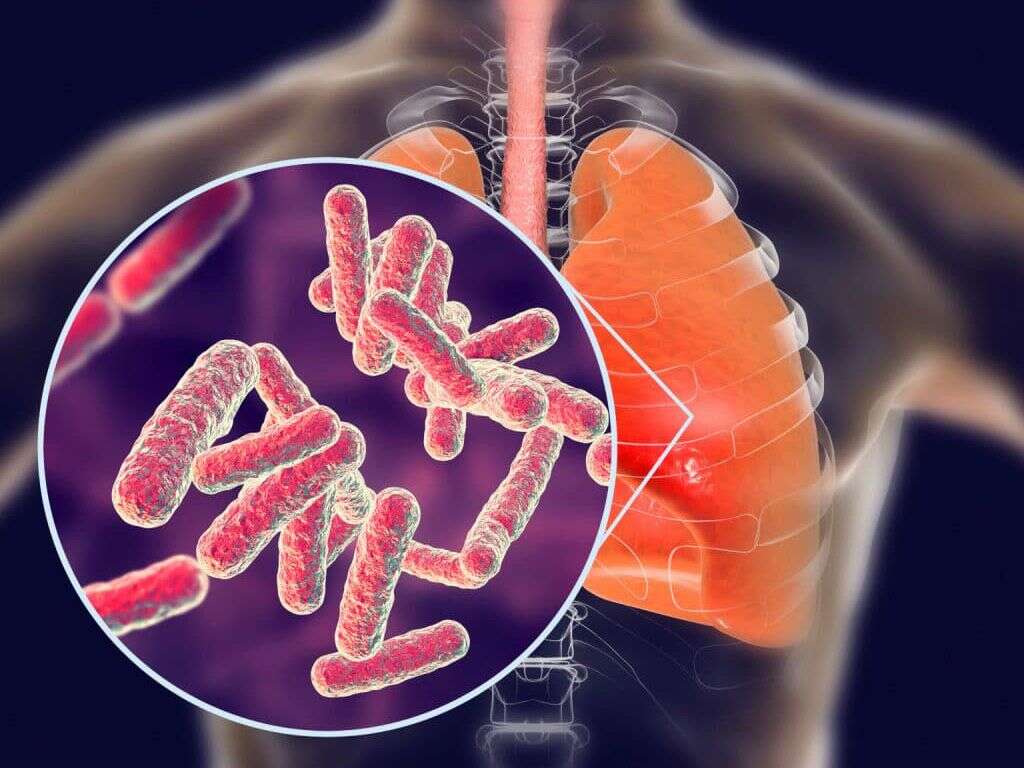10 Symptoms of TB
 Article Sources
Article Sources
- 1. World Health Organization. (2020). Tuberculosis (TB). Retrieved November 13, 2020, from https://www.who.int/news-room/fact-sheets/detail/tuberculosis
- 2. Rosha, D. (2002). Prolonged Fever During The Treatment Of Pulmonary Tuberculosis. Medical Journal Armed Forces India, 58(2), 127-129. doi:10.1016/s0377-1237(02)80045-4
- 3. Mahmoudi, A. (1993). Pitfalls in the Care of Patients With Tuberculosis. Jama, 270(1), 65. doi:10.1001/jama.1993.03510010071032
- 4. Hernández-Garduño, E., & Pérez-Guzmán, C. (2007). Appetite and tuberculosis: Is the lack of appetite an unidentified risk factor for tuberculosis? Medical Hypotheses, 69(4), 869-872. doi:10.1016/j.mehy.2007.02.006
- 5. Saloman, L. (2016). Examining Disease Characteristics and Patterns of Weight Gain in Tuberculosis Treatment. Retrieved November 13, 2020, from https://www.contagionlive.com/view/examining-disease-characteristics-and-patterns-of-weight-gain-in-tuberculosis-treatment
8. Weakness
Weakness is the loss of strength in one or more muscles. It is common with certain neuromuscular disorders and can also result from an electrolyte imbalance, cancer or several other conditions. One of those is tuberculosis. Sometimes weakness is confused with a general feeling of malaise that occurs without measurable loss of muscle strength.
The weakness associated with TB may be due to nutritional deficiencies. Extreme weakness can occur in TB cases where the patient cannot meet dietary needs and experiences muscle wasting. This involves a marked decrease in muscle mass and can continue to the point of limiting normal function and movement.
Advertisement



-06.jpg)




